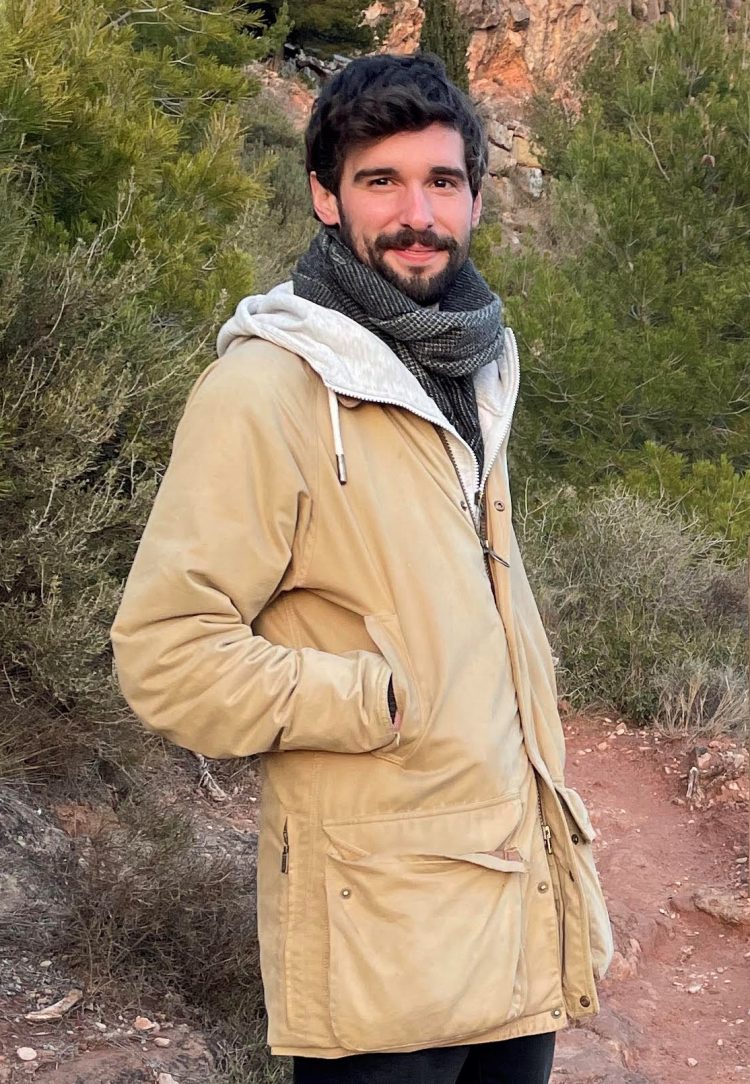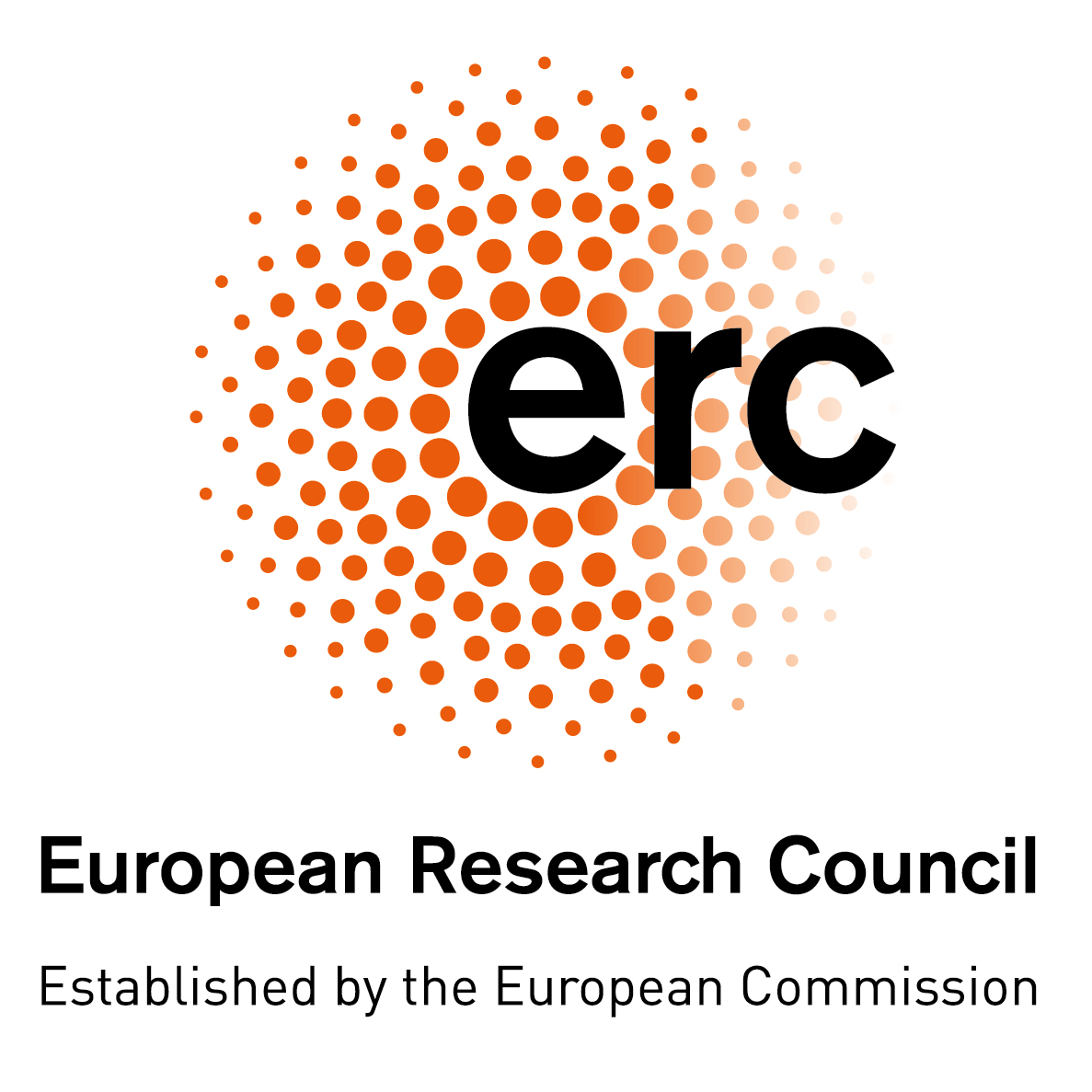The second in our series of interviews introduces us to Emre Amasyali, one of ETHNICGOODS’ Postdoctoral Fellows. Welcome to Barcelona, Emre!
Question: Hello Emre, it is very nice to e- meet you. Let’s start by providing a brief introduction of yourself to our readers, alright?
Answer: Indeed. Hello everyone, I am Emre Amasyali. I obtained my Bachelor degree from Queen’s University (Kingston, Canada) in 2011, majoring in Political Science and minoring in History. After my undergraduate education, I completed a Master’s degree in Sociology at the University of Oxford. I then decided to pursue a PhD degree in Sociology working under the supervision of two eminent comparative historical sociologists, Matthew Lange and John Hall. I successfully defended my dissertation on the long-run effects of Protestant missionaries in Ottoman Turkey in December 2020.
Amazing! Are there any other aspects you feel like sharing with the readers who want to get to know you?
Pursuing an academic career has been an important part of my life. Yet, I do also believe that there needs to be elements that define who we are outside our careers. For me, this was best realized by pursuing a physical activity and investing in creative outputs. I have been an active swimmer for around 20 years: swimming for different clubs during my teenage years and continuing this passion as a varsity athlete for my undergraduate university’s swim team. Nowadays, I don’t do this professionally, but I have been part of master swim clubs that allow me to stay fit and give my back a rest from sitting in front of the computer all day. Apart from swimming, I also love collecting music and sharing it with people. I have been DJing for the past 14 years and have played in clubs, bars and radios in England, Turkey and Canada. I love all genres and styles of music and especially enjoy hearing new songs from distant places that manage to open a whole new world for me.
And how do you feel about starting a new life chapter in Barcelona? Is there any particular aspect that you feel more excited about?
I am thrilled to start a new chapter of my life in Barcelona. The food, weather, culture, and history of the city are some of the obvious sources for this excitement. Walking in the streets, one feels that there is always more to learn about this beautiful city we live in. Given my interests in empire, nationalism, and history, I am also looking forward to learning more about the Spanish Civil War, Catalan culture, and how the legacies of Spanish colonialism are felt on a day-to-day basis in Spanish and Catalan society.
We are glad to read that! Let us now dig deeper into your academic background and on how you plan to make the most of it at IBEI. Here is a basic question: why have you chosen a career in academic?
After obtaining my master’s degree, I found myself working in think tanks and private research companies. These experiences were valuable but also made me realize that I enjoy the process of dictating my own research agenda. I was always interested in history, having a done a minor in it during my undergraduate education. What is more, it was also the long-run analysis of ideologies and institutions that was intellectually so transformative for me. This is because a historical perspective allowed me to deconstruct some of the fallacies that I inherited from my nationalist upbringing in Turkey. For all these reasons, I knew that comparative historical sociology was the right destination for me. Given the strengths of McGill Sociology in this field, I decided to apply to a PhD program after a 2-year break from academia.
Do you find this path more fulfilling than the one you experienced when conducting research outside academia?
At the end of the day, this question is about knowing yourself: where your strengths lie, and how you feel fulfilled in life. Personally, academia allows me to continue learning in a self-directed manner whilst allowing me to contribute to a greater corpus of knowledge. I enjoy the detail-oriented nature of it and how it allows me to quench my curiosity. Comparative historical sociology in particular feels like detective work where you must use your creativity to figure out “who done it.” Finally, an academic life has given me the opportunity to travel the world and live in several different countries, meeting interesting and intelligent people around the world in the process.
Once the choice of academia was made, what did you select as your area of expertise?
My background in Middle Eastern history and politics and methodological training in Sociology well-prepared to be a mixed-methods researcher in comparative historical sociology. I was particularly passionate about nationalism as a topic. However, my original PhD program my research proposal changed drastically. I intended to do ethnographic work on the assimilation of the Bosnian community into Turkish society. This changed as I got involved in several mixed-method projects relating to colonialism and ethnic violence with Professor Matthew Lange. Classes I took on political sociology further exposed me to the comparative literature on empires. I found myself reading more and more on 19th century Middle East. The direction for my PhD project changed drastically when I decided to take a Geographic Information Systems (GIS) course in the Geography Department at McGill. This equipped me with a brand-new methodological skillset, ones that I ended up putting to use to test some commonly held assumptions in the historical literature I was being exposed to.
And how does this associate to ETHNICGOODS?
ETHNICGOODS is attempting to historicize ethnic diversity and public goods provision and aims to examine how both these were shaped through distinct modes of nation-building and levels of historic state-capacity. In my postdoctoral research, I would like to take this analysis further back in time and see how certain modes of nation-building and historic state-capacity have been historically constructed and have varied over time. I specifically want to look at Eurasian land-based empires and their defensive modernization attempts in the long 19th century. These are also especially good sites for exploring some of the hypotheses of ETHNICGOODS, as defensive modernization attempts were moments in which state-capacity was enhanced and citizenship and public goods like schooling systems were first introduced. My project will take these moments as a starting point and examine how ideas and practice of citizenship were transformed over the long-term.
As a comparative historical sociologist, I believe in the transformative power of historicizing ideologies, concepts, and events we take for granted in our day-to-day life. This doesn’t mean adopting the extreme stance of seeing everything as historically constructed or hallowing out the meaning of our present. Rather, an important element of historical sociology is understanding how sources of power has shifted over time to produce the realities we live in today. To expose how state policies and diversity has been intrinsically linked over the course of history is one powerful realization of this perspective. Such an exercise will surely create new debates within and outside of academia.
The translation of academic knowledge into practice tends to be almost automatic in technology and life sciences, where findings are transformed into practices as soon as a potential improvement/benefit is identified. How do you envisage the relation between academic production and real-life issues in the domain of social sciences?
One does not have to dive into the age-old debate between idealism and materialism to realize that the world of ideas has always had the potential to change the world we live in. Revolutions, social movements, resistance struggles, and peace processes are many examples in which ideas, frequently underpinned by academic thinking, have changed the lives of individuals in drastic ways. Yet, some of these experiences also demonstrate that ideas can lose salience or once corrupted, can change things for the worse. I think crucial in all of this is the ways in which academic knowledge and ideas in general fuse with institutionalized power. Accordingly, one path for social sciences assuming a role in progressive social change is transcending academia and engaging with institutions of civil society in a meaningful way.
Many thanks, Emre, you have given us a lot to think about! We look forward to reading more from you very soon.



